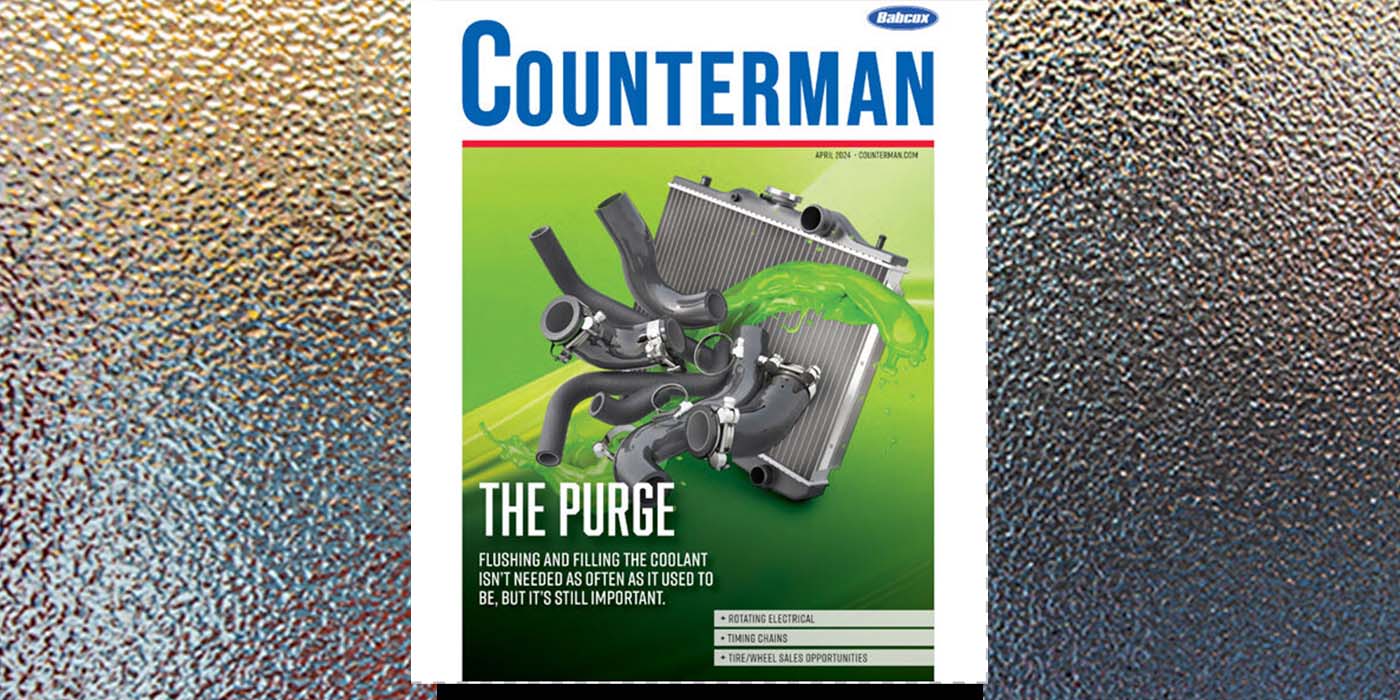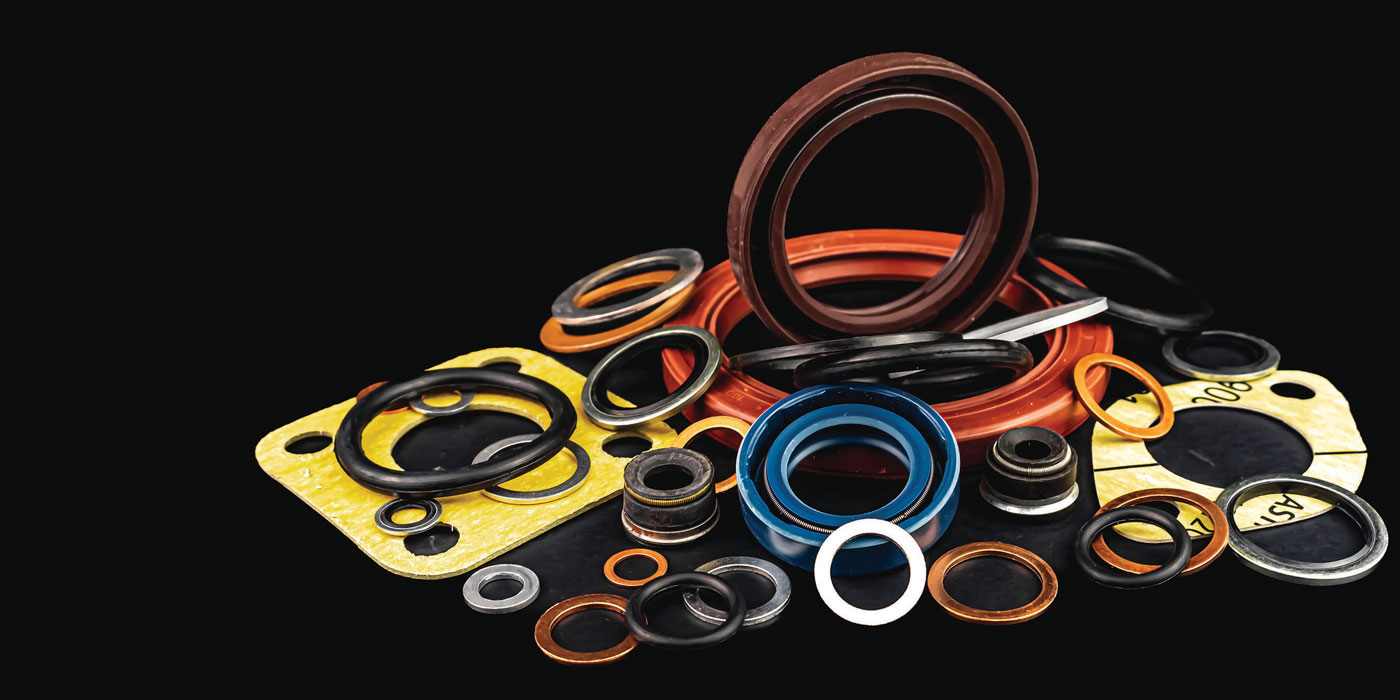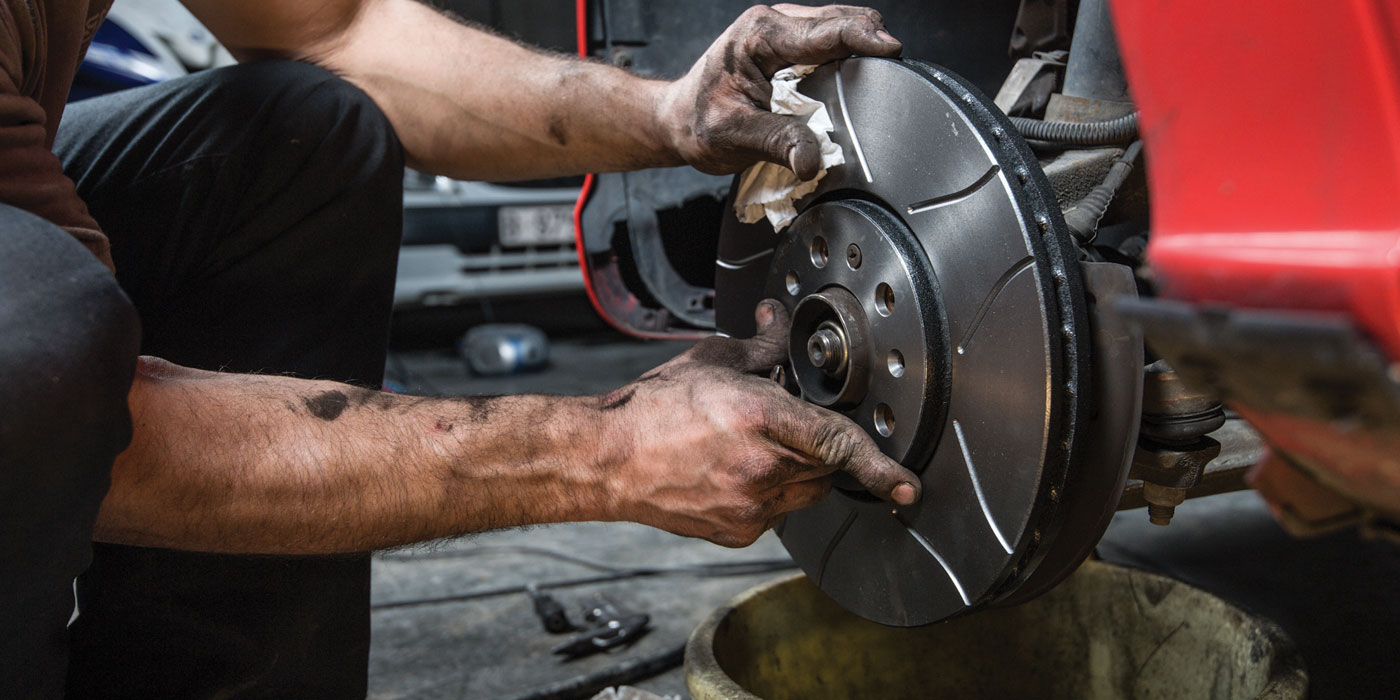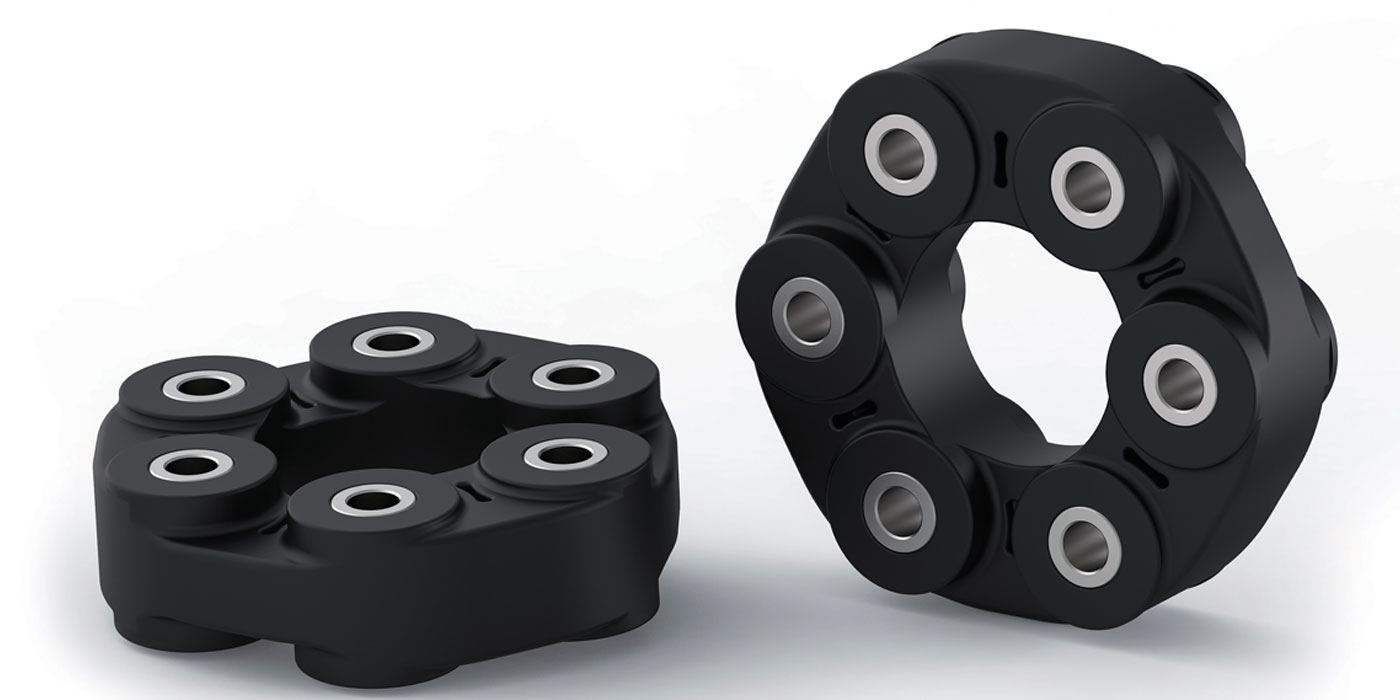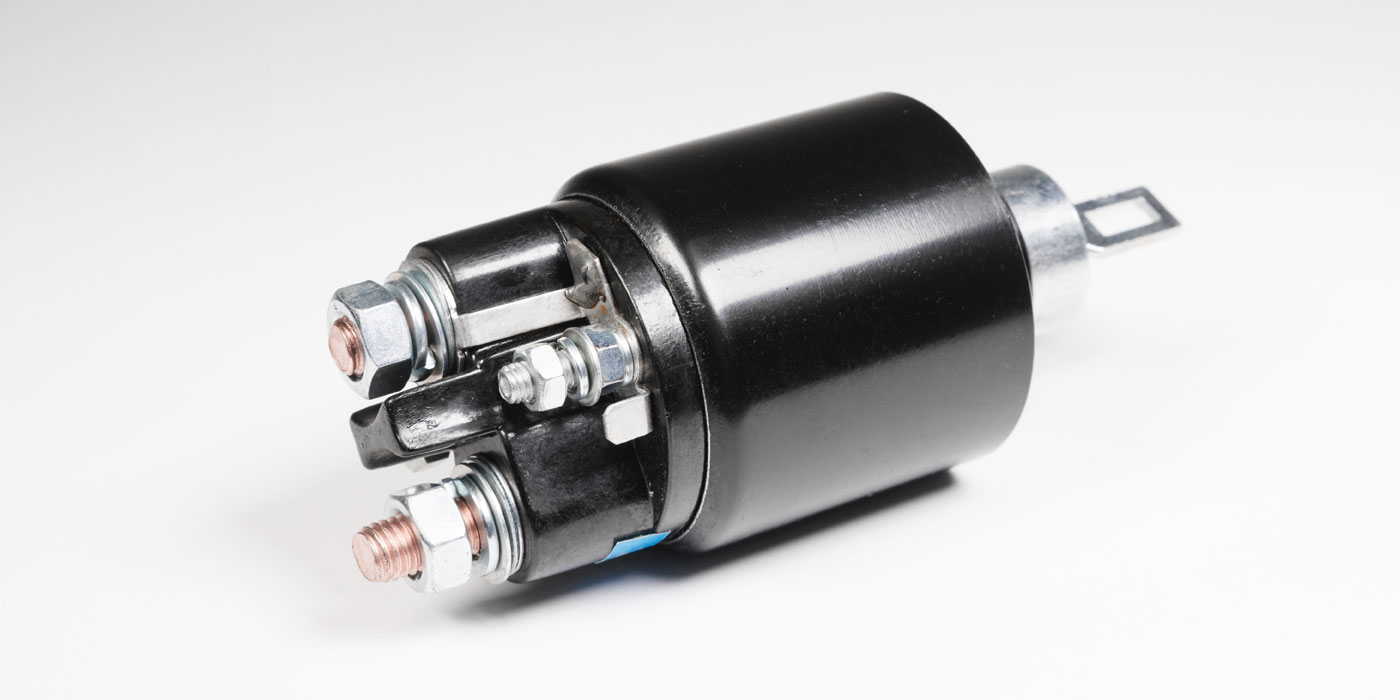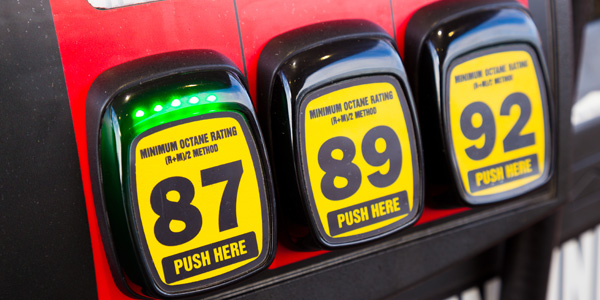
High-octane, premium fuel has many benefits for performance cars, but should it be used for every vehicle? The answer depends on how the engine was designed. There are many myths about “high-test” fuel, and we’ll try to dispel as many of them as we can.
Some vehicle owners think they can fix a poorly running car by merely filling up with premium, high-octane gas. This is false. For example, if the engine develops a misfire and you pour in premium fuel, the misfire won’t go away because of the fuel. More likely, there’s a problem with the ignition system (coil) or the positive crankcase ventilation (PCV) system causing the engine misfire.
Does premium fuel improve power and fuel economy? Yes, to some degree – but not as much as you might think. According to the American Automobile Association (AAA), premium gas isn’t worth the extra cost for many vehicles. The association tested premium fuel and said fuel economy improved by an average of only 2.7%, while horsepower increased a meager 1.4% on average.
Using a high-octane fuel won’t necessarily improve fuel mileage, increase horsepower or make the engine start quicker, as some motorists believe. Higher octane only reduces engine knock or ping. Because higher-octane gas burns slower, it’s more resistant to knock when subjected to higher rpm and cylinder pressures.
High-compression engines can produce more horsepower from a similar-sized engine as one with lower compression, but they’re prone to knock on lower-octane fuel. The bottom line is if the vehicle manufacturer “requires” the use of premium fuel, it’s best to follow their advice. If premium is “recommended,” then don’t spend the extra money on high-octane fuel. Instead, look to keep the engine clean with top-tier gas or a quality fuel additive.
Fuel Treatments
When poor-quality fuel is used, it can cause deposit buildup, misfires, hot spots in the combustion chamber and, over time, a loss of power. Turbocharged engines are extra-sensitive to deposits that build up on fuel injectors and intake valves and in combustion chambers. Deposits, even in small amounts, can cause increased exhaust emissions, reduced fuel economy, drivability problems as well as engine knock.
Fuel additives can help restore the engine’s fuel efficiency and performance. Additives that contain polyetheramine (PEA) remove water and help neutralize the corrosive effects of ethanol. Manufacturers of additives with PEA say continued use of these products will give you even better results. But the big question is IF the engine was contaminated enough in the first place. The FTC says beware of products that make exaggerated claims. In all of its lab tests, the agency has never seen any product or device that significantly improves fuel economy.
Overall, using a fuel additive can be a good idea if your customer has an older vehicle or regularly fills up with discount gas. Fuel cleaners with quality additives can improve combustion, enabling engines to start easier and run smoother.




